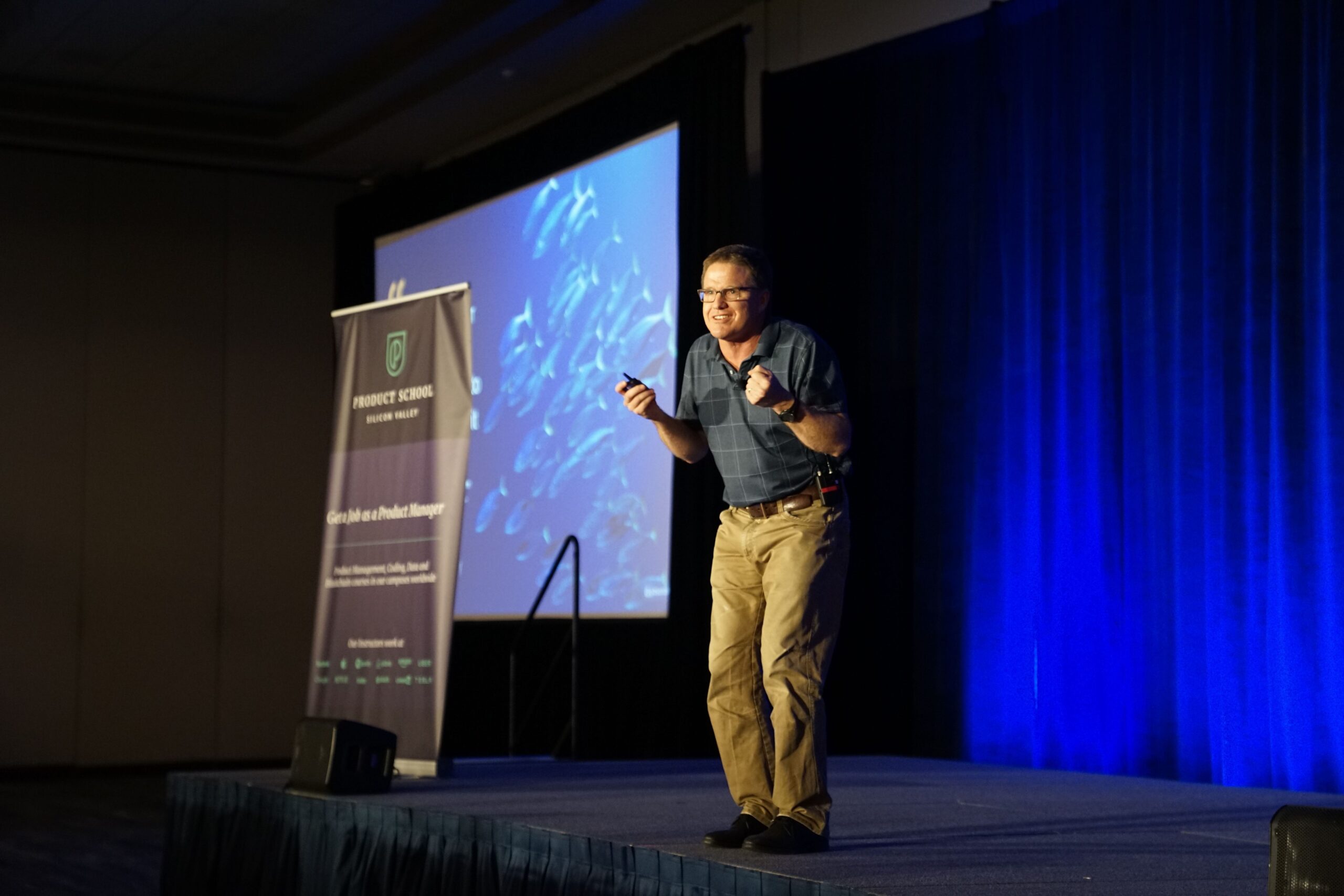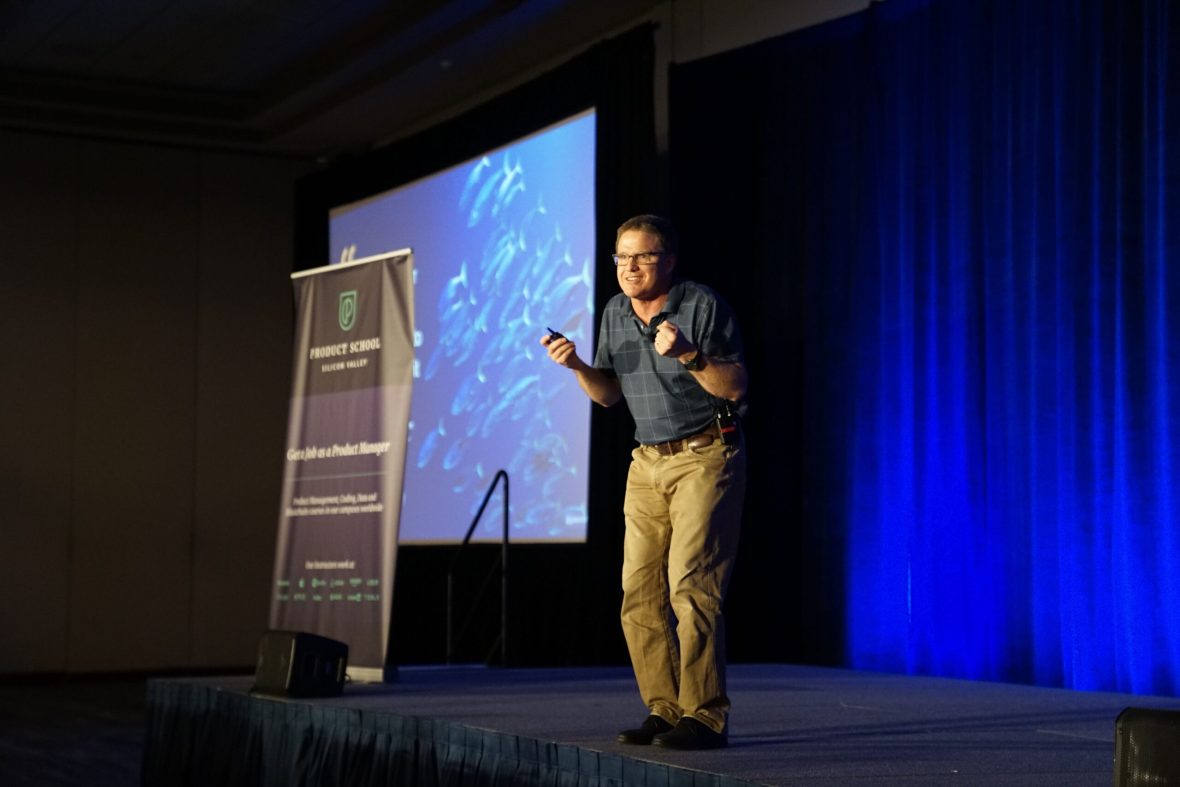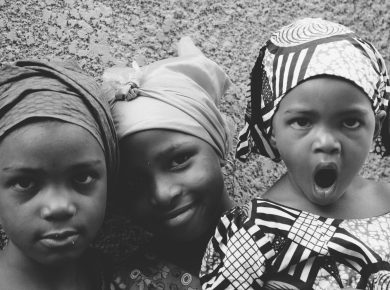This research work investigated the influence of social studies teachers’ characteristics on their perception of the Junior Secondary school (JSS) social studies curriculum in the North-East area of Osun state. Sixty randomly selected social studies teachers had their opinions investigated and analysed through the use of the chi-square.

Introduction
The results revealed that differences in sex, training, age, and teaching experience could not account for variations in the teachers’ perception of the curriculum.
However, part of the chi-square result showed that professionalism in teaching could account for differences in teachers’ perceptions of the Junior Secondary School social studies curriculum.
Focus 1
To this end, therefore, there is a need for professional training for teachers of social studies to remove unnecessary scepticism that they may have about the social studies curriculum.
The emergence of social studies as a discipline if compared to other traditional subjects like history and Geography, is a recent phenomenon throughout the world.
Indeed, it only began after World War I, when people realized especially in the United States of America (U.S.A) that the understanding of man and his problems in society required a lot more than what is being covered by the social sciences.
Focus 2
Thus, by the 1950s, Studies had been firmly incorporated into the school programs in the U.S. and Europe (CESAC,1979).
In Nigeria, however, the Aiyetoro project(the introduction of social studies into comprehensive High Schools, Aiyetoro in 1965, by UNESCO and supported by the Ford Foundation) marked the beginning of the teaching of social studies in Secondary Schools.
This later spread to primary schools and teacher training colleges. Even today, social studies can be studied up to the doctoral level at Nigerian universities.
Perception
Perception is a state of awareness and an ability to notice a situation (Collin,1980:326). Consequently, therefore, all perceptual studies demand personal opinions, views, and observations.
Focus 1
That depends on varied personal characteristics such as age, sex, qualifications, experience, and levels of training. However, it is on record that many perceptual studies have been conducted on curricula programs.
For instance, Nadozie (1986) discovered that the perceptions of History teachers on the substitution of social studies for History at the lower levels of Secondary schools were negative.
Focus 2
Equally, Eheazu(1983)reported that the perceptions of some teacher educators had proved that the syllabus of Grade II social studies lacked a clear integrative mechanism that could compress the five-year course into a three-year program.
In other perceptual studies, Fasokun (1988) discovered that extra-mural teachers perceived their roles to be greater than what their students observed.
Etim (1986)equally found out that 69.6% of his respondents (teachers) perceived their roles in curriculum issues as very crucial, contrary to the usual practice whereby the Federal and State agencies are the fulcrum of curriculum decision-making.
Focus 3
In an empirical study that involved a sample of 600 social studies teachers, Ogunyemi(1973) discovered that using a chi-square test. A significant bias in favour of social and affective objectives rather than the cognitive domain was the response of the majority of the Advanced teacher trainees in Nigeria.
In another study Lyewaru n, Lyewaru (1984)discovered that 56.38% of a total of 94 teachers of social studies in Kwara State preferred an integrated curriculum in social studies rather than a separate subjects’ orientation.
Focus 5
However, he reported that 91.67% of the teachers did not agree that different subjects that make up social studies are given adequate coverage.
Indeed, as far back as 1975, Uche observed that teachers of social studies have difficulty accepting that social studies attempts to embrace all aspects of society and social life(Uche,1980).
Even Akinlaye(1980) claimed that subject specialists, notably Historians and Geographers who helped to teach social studies, were discontented with and sceptical about the increasing importance of the subject in the school curriculum.
Focus 6
According to him, they were critical of the claim of social studies as a special synthesis. Perception in whatever forms depend on the individual’s interest, level of thinking, knowledge, training, experience, ability, and familiarity with the issue at stake.
Therefore, there is a need to constantly determine the factors and characteristics that account for the varied perceptions of teachers on the social studies curriculum.
The Problem
Social Studies is a dynamic subject, and its dynamism will continue to throw a lot of challenges to the curriculum makers and curriculum users (Adetoro,1990). Thus, social studies face the problem of dealing with a new subject which is quite different
The results of the chi-square (X2)tests of significant differences between the perceptions of the various categorised social studies teachers raised some critical issues for discussion.
Focus 1
First, differences in sex, training, age, and teaching experience among social studies teachers could not account for their perceptions of the Junior Secondary School (J.S.S.) social studies curriculum.
To this end, therefore, the null hypotheses 1,3,4 and 5 are upheld. This is because the chi-square(X2) results of 1.94,0.10,1.0,0 and 0,30, respectively, are lower than the table value of 7.81.
On the teachers’ qualification factor, however, the result of the chi-square test revealed that a significant statistical difference exists between the perceptions of social studies teachers with and without teaching qualifications on the J.S.S. social studies curriculum.
Focus 2
This finding is from the chi-square (X2) value of 14,97, which is greater than the table value of 7.81.
One may reason that the significant difference that existed between the perceptions of teachers with and without teaching qualifications might be an indirect result of the latter’s lack of exposure to educational pedagogy.
It may not allow them to know the necessary criteria for curriculum evaluation. Consequently, therefore, it is obvious that social studies teachers with teaching qualifications would perceive the social studies curriculum better than their counterparts without teaching qualifications.
Recommendations
As evident from the outcome of this research, an intensive effort should be made to ensure professionalism in the teaching of social studies.
In addition, the various teacher training institutions, notably faculties and Colleges of Education, should endeavour to expose their social science Education students to at least five courses in social studies since they are likely to be future social studies teachers.
Focus 1
Indeed, the present trend whereby they are exposed to only one or two of such courses seems inadequate.
School principals should make urgent efforts to replace all non-social studies specialist teachers currently in their schools with more competent hands.
Furthermore, a greater effort should be made to expose social studies teachers to workshops, conferences, and seminars in social studies.
Focus 2
The Ministry of Education, in collaboration with conferences of principals, should always endeavour to provide the necessary funds, materials, and personnel for such workshops, conferences, and seminars.
This constant training and retraining of social studies teachers is the only surest way of updating the knowledge and methodology of the teachers in the field. This will even help the teachers identify more with the curriculum.
Finally, efforts should be made from time to time to commission experts to review various curricula in social studies to keep abreast of societal dynamism. Thus, curriculum evaluation in social studies should be made a constant research effort.
Conclusion
The outcome of this research has proved that the need for professionalisation in teaching social studies cannot be overemphasised.
As rightly pointed out by Adesina(1978), the lack of professionalisation often creates a situation in which the partially sighted lead the blind (p.80).
To this end, therefore, there is a need for social studies teachers to be professionally trained both in the subject matter and methodology. You can read more posts on our education page of the site.
References
Adesina, S.A.(1981).Some Aspects of School Management(2nd edition), Ibadan: Board publications Ltd,80-84.
Adetoro,R.A.(1990).Teachers’ Perception of Junior Secondary School Studies Curriculum.Unpublished M.Ed. Thesis, University of Ilorin, Ilorin.
Akinlaye, F.A. (1980). Meaning and concepts of social studies. Social StudiesTeaching Issues and Problems. (NERC)Benin: Ethiope Publishing Company 94-105.
CESAC(1979).Nigerian Secondary School Social Studies Projects, Social Studies Book 1 . (O oro Ed.), Lagos: Heinemann Educational Books.
Collin,P.H.(1980).English Dictionary for Senior Secondary Schools Lagos: AbiolaBookshop Press Limited,326.
Eheazu, B. A.(1983). Social Studies in Nigerian Primary Schools: A case for improvement in teacher preparation. Education and Development(NERC),3(2).196-203.
Etim, J. S.(1986).The perception of educators on certain curriculum issues and trends in Nigeria. Nigeria Journal of Curriculum Studies,4(2).153-166
Fasokun, T. O.(1988). Teacher and student perceptions of the idea and actual behaviours of extra-mural teachers. Ife Journal of Theory and Research in Education.lle-Ife:Obafemi Awolowo University Press Limited, 1(1),11-18.
lyawarun, S.A.(1984).Social Studies teaching in the secondary schools. The case of Kwara State. Secondary Education in Nigeria (Adesina and OgunsajuEdited), Ile-Ife: University of Ife Press Limited,352-366
Nnadozie, J. O.(1986). The propriety of social studies as a substitute for historical studies in Secondary Classes one and two in Nigerian Journal of Curriculum Studies, 4(2) 82-91.
Ogunyemi, L.E.(1973).Perception of educational objectives in social studies by advanced teacher trainees in Nigeria.West African Journal of Education,17(1)433-439.
Uche, U.W.(1980).The nature, objectives, and teaching of social studies.Social Studies: Issues and Problems,(NERC).Benin: EthiopPublishing CCompany64-73.










